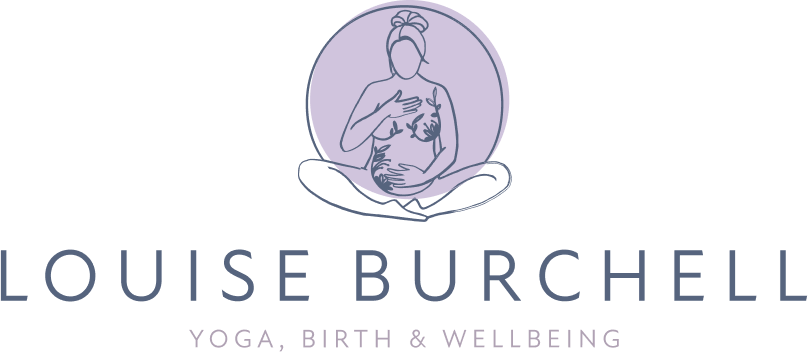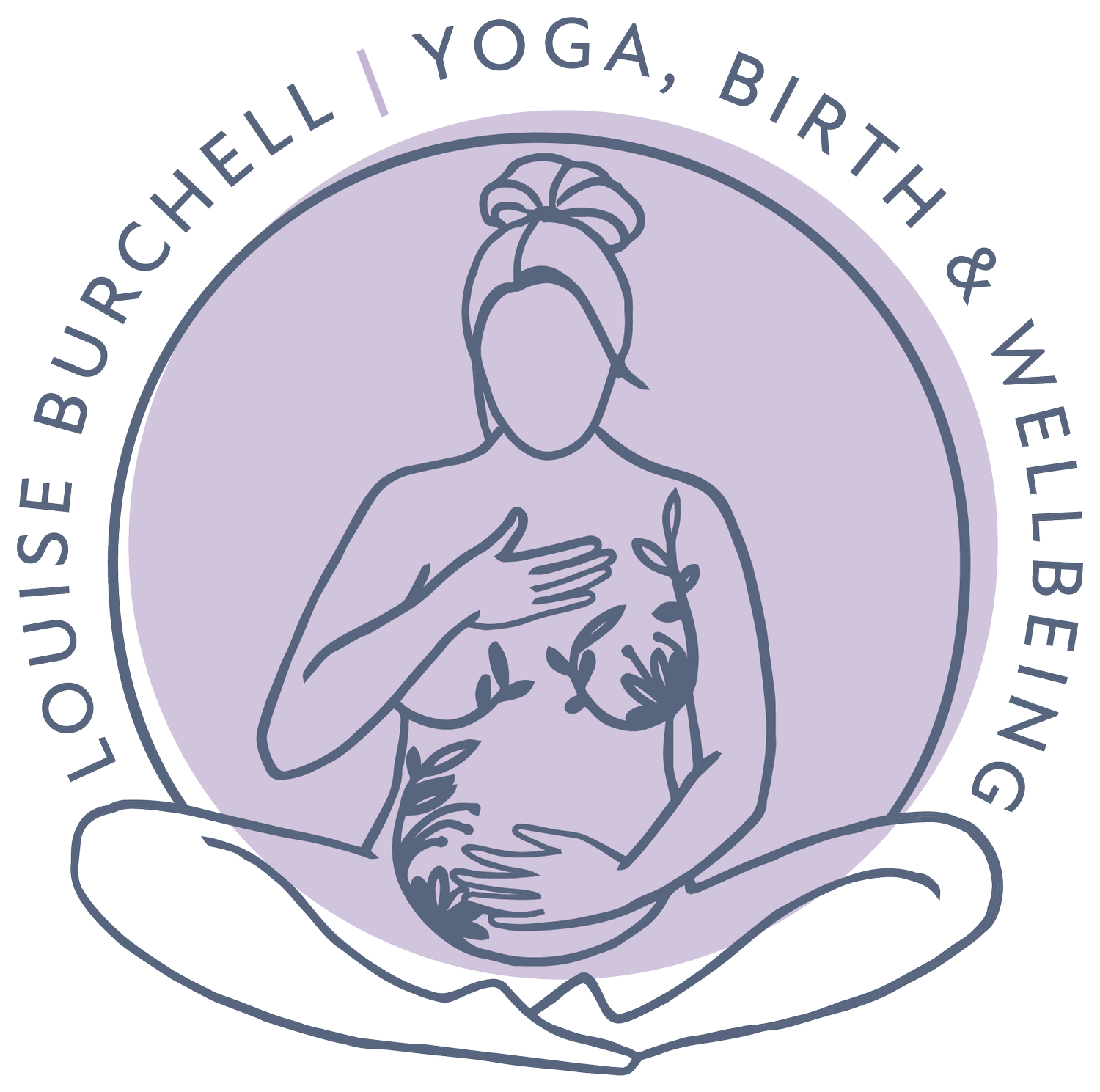Counselling FAQs
-
To get started, reach out by email or through the contact form on my website to check my current availability. Once we’ve agreed on a time that works for you, I’ll send you a link to my booking system.
From there, you’ll fill in some details about yourself, review and agree to my counselling agreement (please read it thoroughly), and make payment for your first session through my secure payment system.
-
Sessions cost £60.
-
I work on Wednesdays and Thursdays, usually between 9am and 3pm.
Please get in touch to find out which appointments are currently available, and if you need flexibility out with these hours please just ask.
-
Sessions are 50 minutes long, and it’s my responsibility to keep us on time, so you don’t need to worry about that. If you arrive late, the session will still finish at the scheduled time to ensure my other clients are not impacted.
I typically see clients on a regular weekly basis at the same time and day each week. However, fortnightly or ad-hoc sessions can also be an option—please feel free to ask if these arrangements would better suit your needs or lifestyle.
-
If you cancel or rearrange a session more than 24 hours before it’s due to start, there’s no charge. However, if you cancel with less than 24 hours' notice, you’ll be charged the full session fee.
If you usually attend in person but can’t for any reason, you’re welcome to request a Zoom session instead of cancelling altogether.
If you arrive late, I won’t be able to extend the session as it would affect other appointments.
If I ever need to cancel a session, I’ll let you know as soon as I can via email. I’ll do my best to offer you an alternative time that same week or move the session to our next planned appointment. Of course, there’s no charge if I cancel.
-
In our first session, I’ll start by sharing a bit about myself and the way I work. We’ll go over the Counselling Agreement, with a particular focus on the confidentiality section, and address any questions you might have.
I’ll then invite you to share what has brought you to counselling and what you hope to gain from it. We might also discuss any past experiences of therapy and your preferences for how our sessions will work. Don’t worry if you’re unsure—we’ll figure it out together.
You’re welcome to ask me questions at any time, not just in the first session. This includes questions about the way I work or anything else that’s on your mind. If it helps, you can write down anything you’d like to mention before your session, or even for future sessions.
-
A counselling agreement is a simple document that lays out what to expect from counselling. It covers things like confidentiality, session details, fees, cancellations, and how the counsellor will work with you. It’s there to make sure everything is clear and that both you and your counsellor are on the same page. You’ll usually go over it together at the start, and it’s a chance to ask any questions or raise any concerns before you begin.
You can view a copy of my Counselling Agreement here.
-
You don’t have to prepare for sessions, but you’re welcome to if it feels helpful—it’s entirely up to you. Some people like to jot down notes or thoughts in a journal or on their phone throughout the week, while others prefer to see what comes up in the moment. Both approaches are absolutely fine!
There may be times when you’re working toward a specific goal, which could involve tasks or reflections between sessions. If so, we’ll decide on this together, ensuring it’s manageable alongside your other commitments.
-
This is entirely up to you. I work with both short-term and long-term clients, and we’ll regularly review your progress together. You’ll likely have a sense of when you’re ready to finish counselling, and we’ll agree on the steps needed to prepare for this.
The process of ending therapy is an important part of the overall journey. When you feel ready to end, we might explore other endings you’ve experienced, reflect on how you feel about our relationship coming to a close, and plan ways to make the transition as smooth as possible for you.
-
This is a tricky question to answer, as it depends on many factors unique to you and your situation. Counselling isn’t a linear process—you may experience ups and downs, much like life itself.
My hope is that you’ll quickly feel you have a safe and supportive space to turn to, even during the more challenging times.
-
Client confidentiality is incredibly important to me. Everything we discuss will remain confidential, except in certain ethical or legal circumstances—for example, if I believe there is a risk of harm to yourself or others.
For more details, please refer to my Counselling Agreement.
-
In-person counselling sessions take place at my counselling practice in the West of Edinburgh at 1 Lochside View, EH12 9DH.
Online sessions are held via Zoom, and I welcome enquiries from clients across the UK .
-
I offer both online and in-person counselling. Online sessions come with many benefits, including flexibility. If you usually attend in person but can’t for any reason—such as illness, travel, or childcare—you have the option to switch to an online session that day.
-
Counselling is currently an unregulated field, meaning anyone can technically call themselves a counsellor. That’s why it’s so important to check a counsellor’s qualifications—including mine.
I hold:
Master of Arts (1st Class Honours) in Psychology from the University of Glasgow.
COSCA Certificate in Counselling Skills from Edinburgh College.
Diploma in Pluralistic Counselling and Psychotherapy from Grounded Learning, accredited by the SQA and COSCA (Scotland’s counselling accreditation organisation).
Additionally, I have attended other relevant training (detailed on my About page) and am committed to the Continuing Professional Development to ensure I provide the highest standard of care.
-
Honestly, there’s not much of a difference. Some people try to distinguish between them based on the length of treatment or the type of therapy used. My Diploma is in both counselling and psychotherapy, so I could refer to myself as either. Most of the time, I simply call myself a counsellor.
-
Yes, you are very welcome to bring your baby with you. I understand how challenging it can be to arrange childcare, especially during the early months. I also appreciate that it can feel really hard to be away from your baby, especially if you are breastfeeding.
I don’t set a specific upper age limit. Instead, I suggest that babies are welcome to attend sessions up until they are confidently on the move. Once they are independently mobile, you will spend more time chasing after them or trying to get them to sit still which will impact the sessions.
-
This is a complex ethical consideration that I’ve thought about carefully to ensure the best possible experience and support for all clients. While I approach each situation individually, here are my general guidelines:
If you are an existing or past counselling client, it would not be ethical for you to attend my yoga classes. This is because of the personal information I hold about you and the potential for a power imbalance in the yoga setting.
If you are an existing yoga client and wish to begin counselling, we would discuss the transition in detail including the ways in which our relationship dynamic would change. In this case, you would need to stop attending my yoga classes to maintain clear boundaries.
If you are a past yoga client and would like to see me for counselling, you are welcome to do so. However, you would not be able to return to my yoga classes in the future. Even if you have not attended my classes for a while we would still discuss the transition in detail including the ways in which our relationship dynamic would change.
These guidelines are in place to protect the therapeutic relationship and ensure the best possible outcomes for your counselling journey. If you have questions or want to explore your options further, I’d be happy to have an open and honest discussion with you.
-
Research shows that the most important factor in successful therapy is the relationship between client and counsellor. Whether you’re seeing me or another therapist, you’ll likely know if the relationship feels right.
If it doesn’t, I hope you feel comfortable talking to me about it so we can explore what’s going on and whether there’s anything we can adjust. The client-counsellor relationship doesn’t always feel easy, but a strong therapeutic relationship should allow for open, sometimes challenging conversations. Working through these can lead to breakthrough moments in therapy.
That said, I understand that I may not be the right counsellor for everyone, and that’s perfectly okay.
Take the Next Step
If you would like to find out my current availability and arrange an initial appointment, please get in touch. Contact me at louise@louiseburchell.com, or use the form below.
Yoga, Birth & Wellbeing Services
-

Pregnancy Yoga
Yoga for pregnancy, birth preparation, breathing techniques for birth and deep relaxation.
-

Parent & Baby Yoga
Baby yoga classes that are as much for you as they are for baby.
-

Yoga for Women
Yoga for body and mind - leave feeling relaxed and yet energised; calm and strong.
-

Counselling
A compassionate space to be heard and understood.
-

Fertility Counselling
Support for anyone going through fertility investigations or treatment.
-

Pre & Post-Natal Counselling
Support during pregnancy, for birth trauma and beyond into motherhood.

